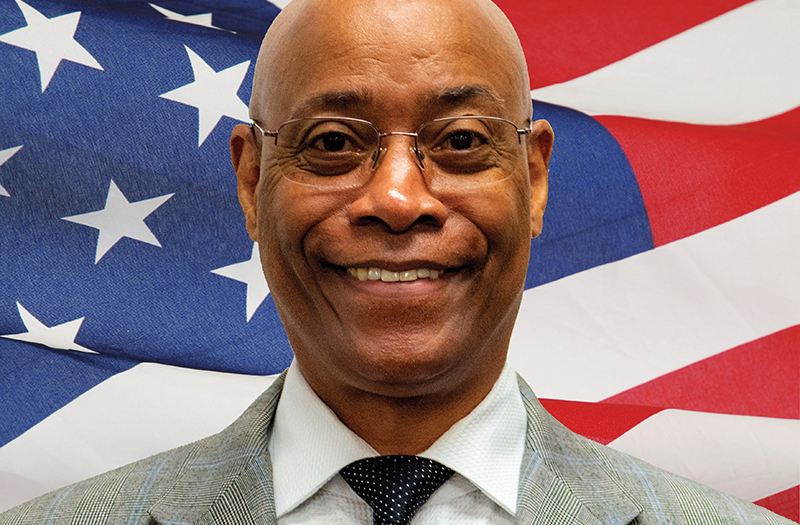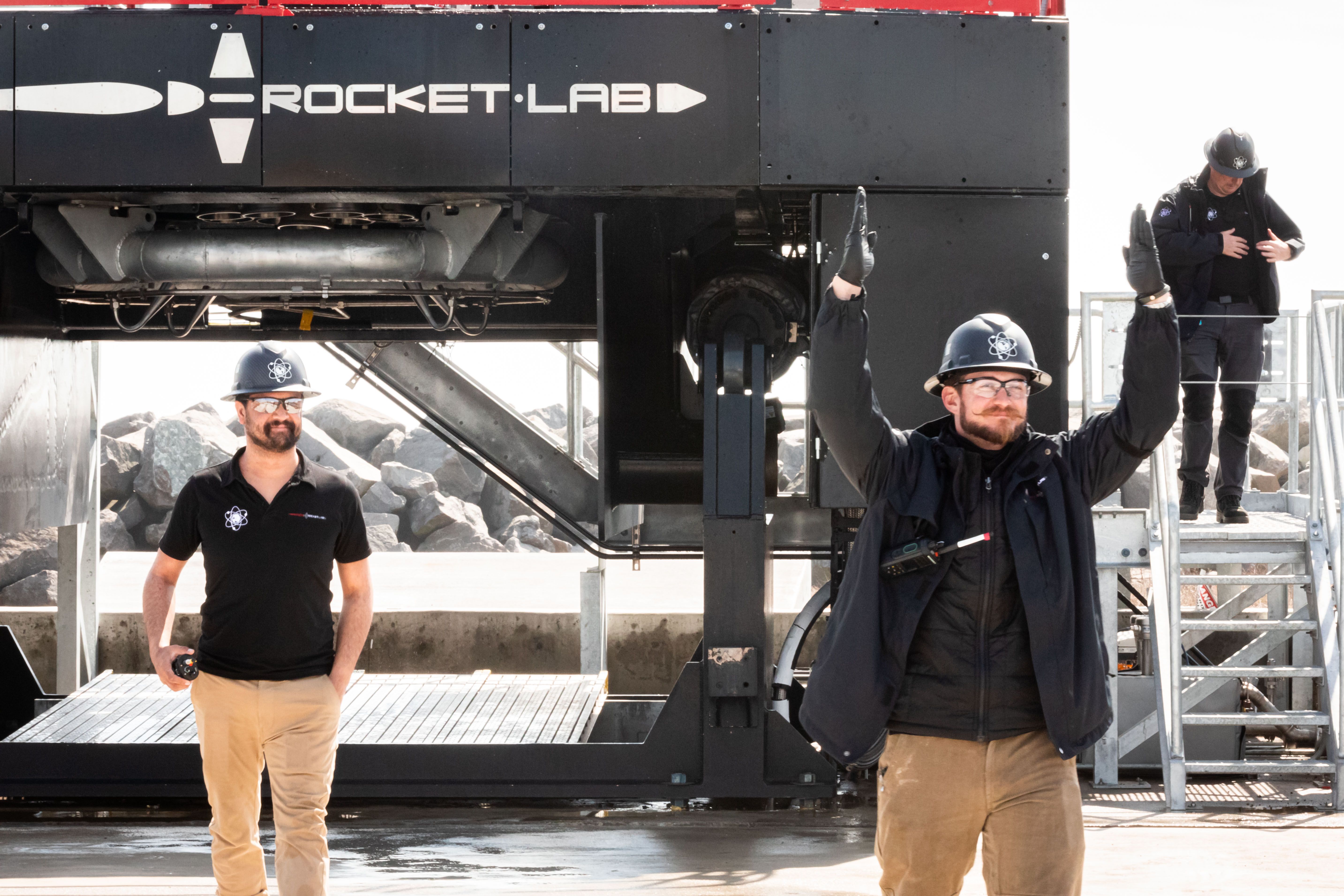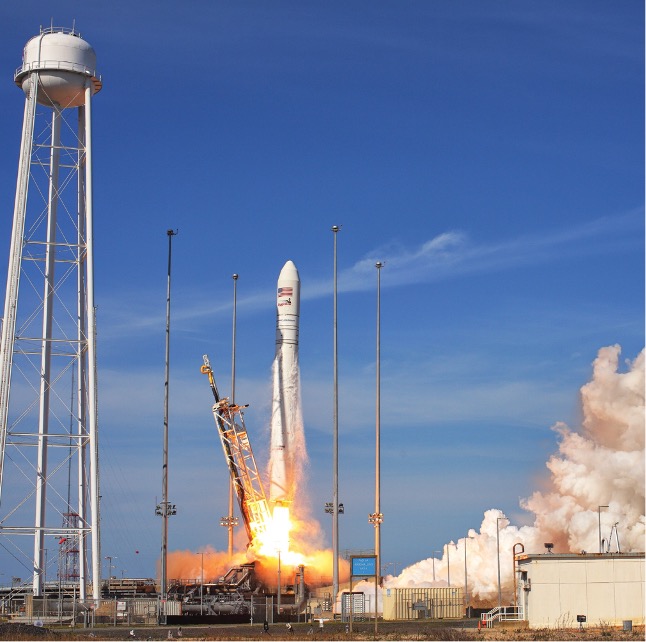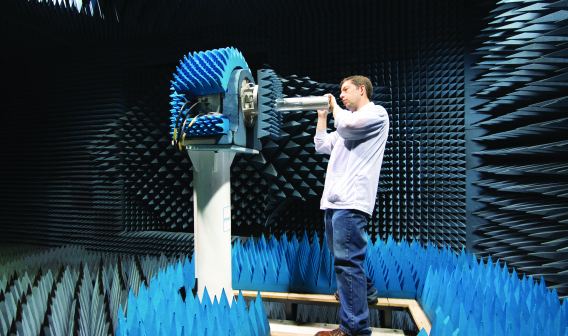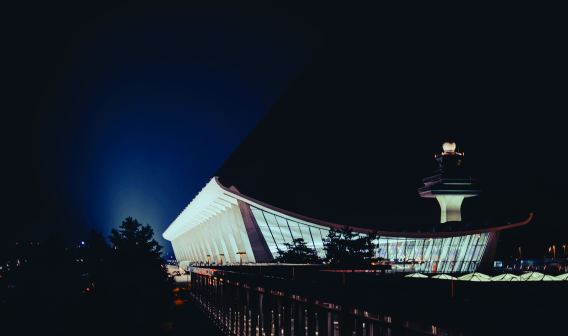El Koubi: In that context, let’s talk about your priorities for MARS. How important is commercial space business to the long-term vision and operations of the spaceport?
Mercer: Both commercial and government customers and payloads are very important to us, for different reasons. There are a great number of new rocket-producing companies in the business today — 88 the last time I looked — and that number is increasing. My objective is to begin leveraging existing and future planned assets to increase our ops tempo. Whether it’s commercial rockets coming to put up government payloads or commercial payloads, we want to increase that operation tempo and continue to build our company’s already outstanding reputation, brand, and competitiveness.
We see an explosion in commercial activity, and you see it already when you look at the kinds of constellations that SpaceX is putting up for their Starlink system, which you can multiply times 10 across the industry. The other thing to keep in mind is that the commercial space business is an economic engine for Delaware, Maryland, and Virginia. The Wallops aerospace cluster has a significant economic impact on this region.
When we did our last economic impact study in 2018, the estimated economic impact for this region from the aerospace cluster was $1.37 billion. The installations and the organizations that make up that cluster are the NASA Wallops Flight Facility, the United States Navy, NOAA, the Coast Guard, Virginia Space, Northrop Grumman, and Rocket Lab. After doing a quick survey of these organizations, it’s estimated that they support nearly 1,900 direct jobs and $145 million in salary and fringe benefits. Most of that is occurring in the Commonwealth of Virginia.
El Koubi: You’re making investments right now that are drawing attention from some of those potential clients, things like the new payload processing facility. What kind of interest are you seeing from potential clients in the commercial space as you build on these incredible capabilities?
Mercer: Customers can come to MARS and not have to worry about building facilities for their payload processing. All they have to do is bring their payload and their payload team and the facilities are ready and fully operational for them. That’s a huge value proposition for coming to the region. That, combined with the MARS reputation and investments the Commonwealth has made in our infrastructure, positions us as the premier location for the venture class launch business. Those are the folks interested in aggressively pursuing launch opportunities out of MARS.
On March 1 this year, Rocket Lab publicly announced they are developing a new rocket called the Neutron. It’s an 8-ton payload class rocket that can put up mega constellations on a single rocket. Rocket Lab has formally announced that they want to launch the Neutron from MARS.
El Koubi: I want to zoom out to the broader focus of this issue of Virginia Economic Review. It’s all about industries of the future. What are some advances in aerospace and aviation that you find most interesting?
Mercer: I’m focusing on the areas surrounding unmanned aerial systems (UAS), drone capability, and how that might factor into the industry and our ability to support that industry through our UAS runway. The advances in aerospace that I’m most focused on are UAS new rocket and propulsion technologies, new rocket classes, new satellites, and satellite systems.
El Koubi: Can you go a little deeper into the capabilities and vision related to unmanned systems on the Eastern Shore?
Mercer: As you well know, Virginia’s business climate was rated No. 1 for UAS development by Business Facilities magazine the last two years running. Our MARS airfield contributes to this rating due to its unique combination of assets and geography. We are the perfect location for the Department of Defense to test non-kinetic counter-UAS systems. You would not want non-kinetic UAS systems getting tested at an airport — the danger of interference and other complications is too great. We are an ideal location for that kind of multi-domain training and testing. Our airfield is a great place to do intelligence surveillance and reconnaissance testing, land, air, and sea training.
Testing of newly developing delivery concepts, like the stuff that Amazon and Walmart want to do, where they want to test capability to deliver packages in residential or downtown areas, fits very well with the MARS UAS airfield. They’ve got to have a place to test those concepts, prove them out, and certify them. Our runway is a marvelous place to do that. I think it’s beginning to catch on more and more because our operations tempo at our airfield increases year after year.
El Koubi: We both have the tremendous benefit of working and living in this beautiful Commonwealth. What’s your favorite place to visit in Virginia?
Mercer: We fell in love with Virginia back in the mid-‘80s when I was assigned to the Pentagon. The great thing about Virginia is there’s something for everybody to enjoy, whether you like beaches, mountains, or everything in between — you can even do some skiing in Virginia. This time of year, you really can’t beat places like Shenandoah National Park or Skyline Drive for the views, the turning of the leaves, and that kind of thing. I love the cities, the downtown areas, but the parks and watching nature take its course is also just beautiful.
El Koubi: Gen. Mercer, thank you so much for being with us today. It was such a pleasure to talk with you.
Mercer: It is an honor to serve the Commonwealth in this role and in this capacity, and it was an honor and a privilege to talk with you today.
For the full interview, visit www.vedp.org/Podcasts
